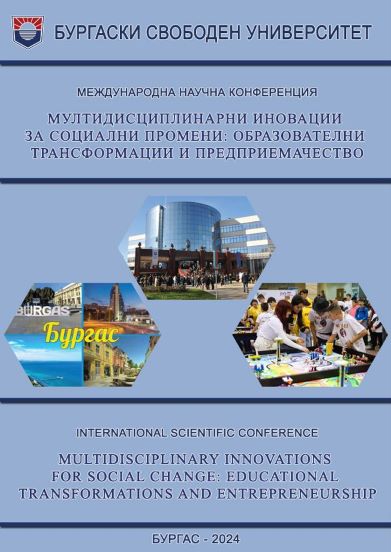INCLUSIVE DESIGN FOR DIGITAL LEARNING: THE UDL FRAMEWORK
INCLUSIVE DESIGN FOR DIGITAL LEARNING: THE UDL FRAMEWORK
Author(s): Mariya Monova-Zheleva, Yanislav Zhelev
Subject(s): Social Sciences, Education, Inclusive Education / Inclusion, Distance learning / e-learning
Published by: Бургаски свободен университет
Keywords: Inclusive Digital Education; Universal Design; Assistive Technologies; Web Content Accessibility Guidelines; Universal Design for Learning
Summary/Abstract: The prevalence of technology in all aspects of society, education, and work presents new opportunities to overcome challenges associated with vulnerable participants' inclusion. The proliferation of digital technologies in education, encompassing diverse technology-enhanced learning implementations like blended learning, online courses, simulations, virtual classrooms, and mobile learning, necessitates a paradigm shift based on the effective application of inclusive design principles and frameworks towards ensuring the learning environments, teaching materials, and educational services that are universally usable by all students, to the maximum extent possible. Researchers and experts in education and instructional design discuss and experiment with many proactive methodologies and instructional design approaches that prioritize the needs of a heterogeneous user base in digital learning environment development. The current paper presents some results and findings of a study that investigates globally recognized methodologies, principles, and frameworks for the design and development of inclusive digital learning environments carried out within the Erasmus+ project „Inclusive Digital Learning (Dig-2-Inc, 2022-1-FI01-KA220-HED-000090147).
- Page Range: 573-582
- Page Count: 10
- Publication Year: 2024
- Language: English
- Content File-PDF

